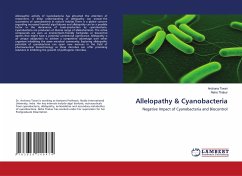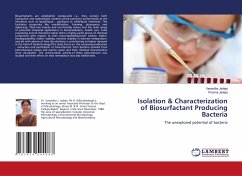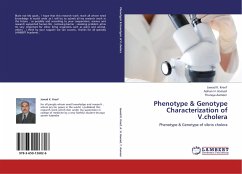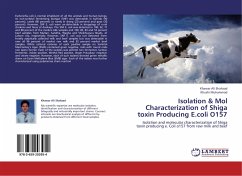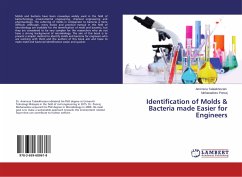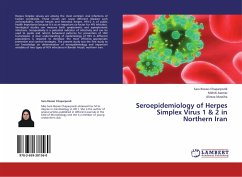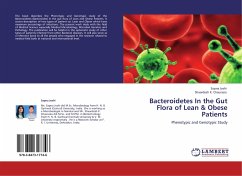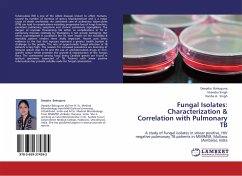Allelopathic activity of Cyanobacteria has attracted the attention of researchers. A deep understanding of allelopathy can answer the successions of cyanobacteria in natural habitat.There is a global concern regarding increased harmful algal blooms and allelopathy can be a possible factor in the dominance of toxin-production by cyanobacteria. Cyanobacteria are producers of diverse range of allelochemicals. The active compounds are seen as environment-friendly herbicides or biocontrol agents that might have a potential commercial significance. Allelopathy is an unique adaptation to achieve a competitive advantage over other organism inhabiting the same microbial community. Exploring allelopathic potential of cyanobacteria can open new avenues in the field of pharmaceutical biotechnology as these microbes can offer promising solutions in inhibiting the growth of pathogenic microbes.
Bitte wählen Sie Ihr Anliegen aus.
Rechnungen
Retourenschein anfordern
Bestellstatus
Storno

